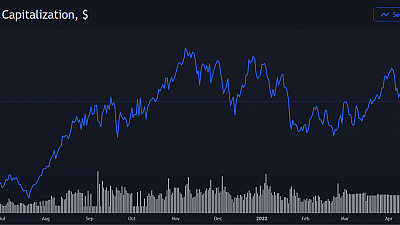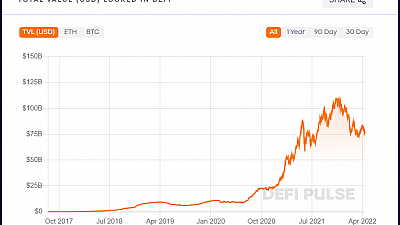Crypto is borderless, but its regulations are limited to borders. In this running series, we will be following the development and challenges of the integration of crypto into our society, from a de jure point of view.
As traditional finance intersects with digital assets the need for adequate regulations becomes acute. Defining cryptocurrencies into a legal framework has been a struggle for lawmakers around the world. High speed innovation, legislative rigidity, and political bias are some of the reasons why governments are significantly lagging behind the advancements in the field.
India and China are examples of the intricacies of governing digital assets. Both countries are known for aggressively clamping onto the latter, only to backtrack a few months later.
Slower to act, Washington is opting for an empirical approach that takes into consideration the crypto community, as a part of the legislative process. The latest Executive Order on Ensuring Responsible Development of Digital Assets is not a concrete set of regulations, but a risk assessment on the application of cryptocurrencies into the financial and governmental systems. It is also a draft on how the United States strategizes the continuation of the USD, as a global reserve asset.
As of the writing of this article, another effort has been made for the approval of Grayscale’s GBTC as a spot ETF. Although there are three SEC approved Bitcoin futures ETF’s, they all fall under the ‘40 Act, which is an 80+ years regulations that still governs US finance today. Grayscale’s ETF has been denied several times in the past years, but the recent introduction of Biden’s Executive Order could signal a more favorable outcome.
The UAE are also set on a more holistic approach. Under the VARA acronym, Dubai’s newest government agency aims to oversee the proliferation of virtual assets and NFT’s. Major exchanges like Binance and FTX welcomed the decision and vowed to expand cooperation with the Emirate's state.
Contrary to the above, the European Union is adopting a tougher stance with the latest updates to the Anti-Money Laundering Package. In an attempt to combat illicit transactions, the draft provisions de-anonymization for all crypto transfers and self-custodial wallets. Participants in the community view the new set of regulations as a departure from the Union’s leading role in privacy law and policy. Retail investors will fall under heavier scrutiny, at the expense of the questionable effects on financial crime.
The balance between the incredible efficiency of digital assets and its integration into the rule of law will be a complex process to enact. Is there too much credit? How is investor and consumer protection regulated? How does it all fit into national security?
The prudential side is only a part of larger picture that draws cryptocurrencies and its budding sectors (DeFi, DeX, NFT, Privacy, etc.) as an immense field for competitiveness between global actors. Keeping a close eye on its development is crucial for all participants in the community.


